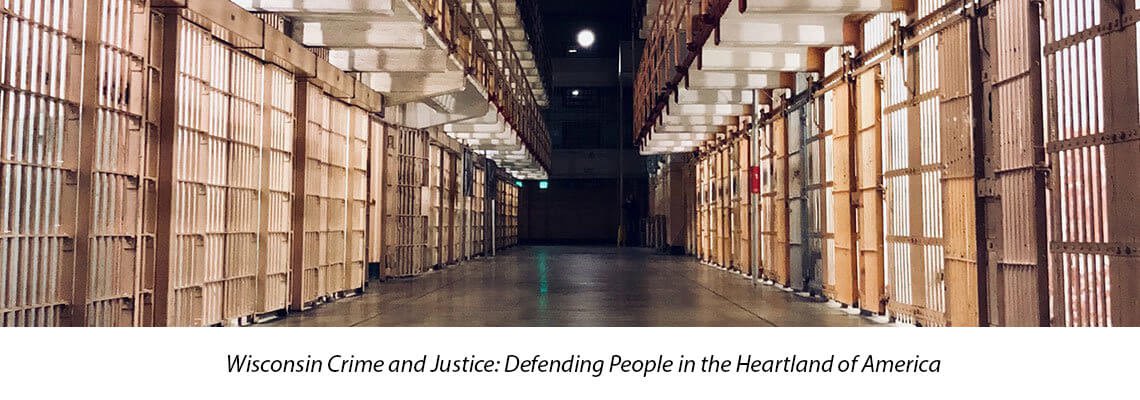
WISCONSIN'S PRISON PROBLEM
Wisconsin has a serious problem when it comes to our over-reliance on incarceration as a fix-all for the complex problems and issues we face in the criminal justice system. Simply put, we lock up too many people when better options exist for effectively intervening in criminal behavior and keeping society safe. And, when we lock people up, we do it for too long. When compared with six other midwestern states, only Wisconsin experienced an increase in its prison inmate population from 2009 to 2018. WI DOC Adult Corrections Expendetures Report (May 2019) at 4,12.
Our prosecutors and judges need to consider better and smarter options besides lengthy prison sentences to address crime. When all you use is a hammer, everything starts looking like a nail.
Let's take a look at the numbers: Wisconsin's prison population as of 1/10/20 was 23,357 people, at an average cost of $37,743/year for men and $32,767/year for women. WI DOC Corrections at a Glance (1/10/2020); WI DOC Offenders Under Control Report (1/10/2020). Total average yearly cost for the people in prison in our state: $781,757,496. That's right: more than $780 million each year to keep people locked up. The Wisconsin Department of Corrections (WI DOC) budget has now surpassed $1.3 billion annually. Our prison system capacity is 17,831, meaning we're nearly 5,000 people beyond planned inmate capacity. WI DOC Offenders Under Control Report (1/10/2020). Building more prisons will cost hundreds of millions more, when the states around us are headed in the other direction. These other states are no less safe than we are; they've just come to smart reforms in criminal justice faster than we have.
Wisconsin is also a leader in locking up black men at alarmingly disparate rates, as we've written about previously. The untold human cost and fiscal expense of this will eat at the civic soul and vitality of our community if left unchecked.
Wisconsin Governor Tony Evers and fellow Democratic lawmakers have sponsored legislation to reduce our prison population. The bills would set incarceration limits for non-criminal supervision violations, expand earned release eligibility to include vocational or educational programs, and expand on a compliance credit to allow for shortened community supervision options.
At our firm, we represent men and women every day who struggle to redeem themselves following criminal conduct, often related to underlying issues such as drug addiction, mental health disability, and childhood trauma. Many need a meaningful shot at overcoming their challenges and are capable of redemption. We strongly support this proposed legislation.
